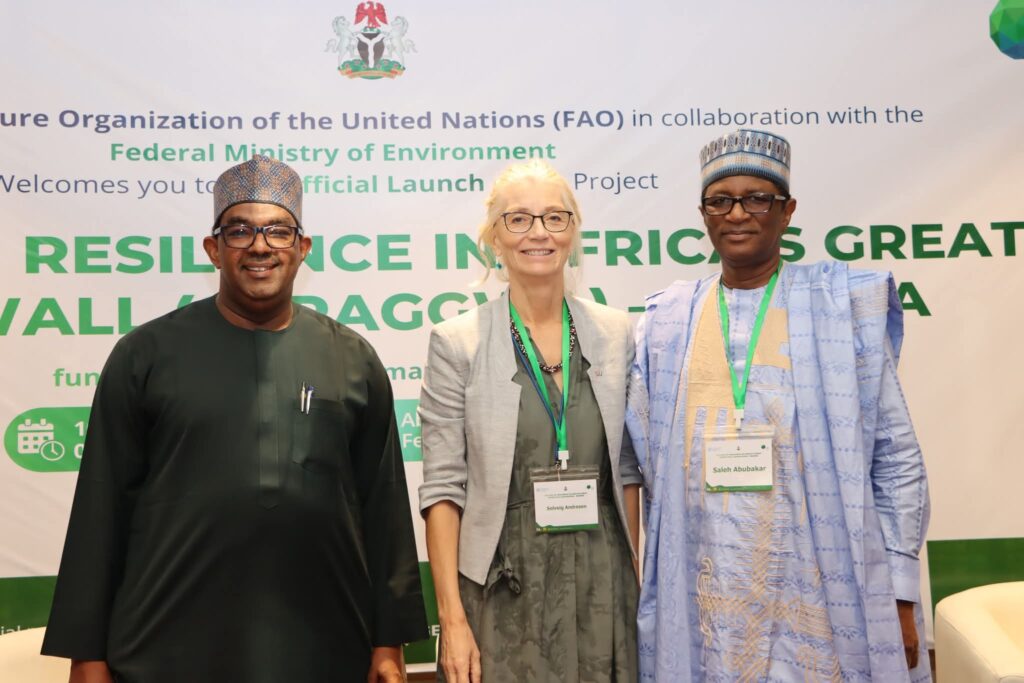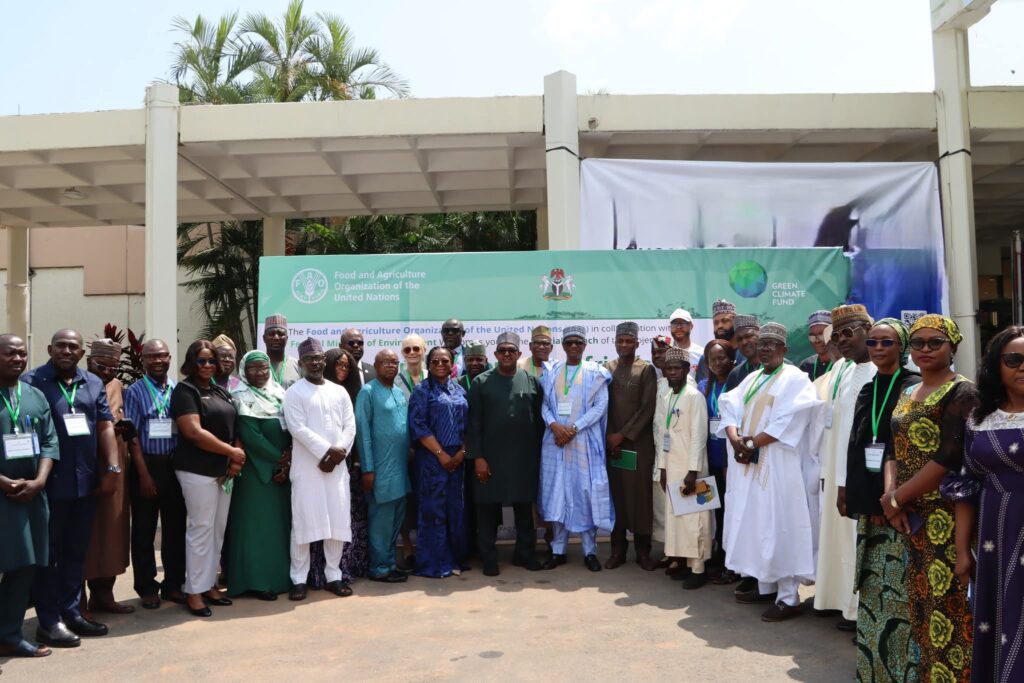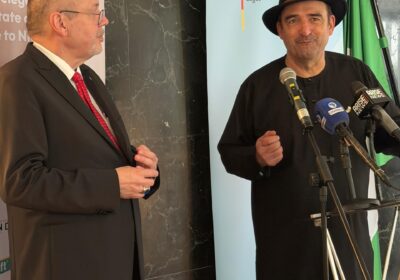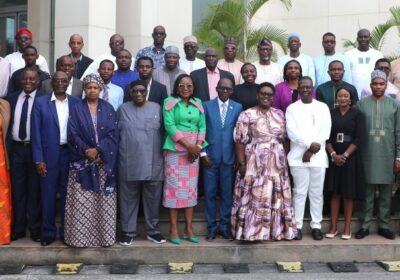FAO, Nigeria Launch Green Climate Fund–Backed SURAGGWA Project to Restore Degraded Lands and Strengthen Sahel Resilience.
By Raymond Enoch
In a landmark move to combat desertification and build climate resilience, the Food and Agriculture Organization of the United Nations (FAO), in collaboration with the Federal Government of Nigeria of Nigeria and key development partners, has launched the Scaling-Up Resilience in Africa’s Great Green Wall (SURAGGWA) Project.

The official launch took place in Abuja, with the FAO Representative in Nigeria and to ECOWAS, Dr. Hussein Gadain, the Minister of Environment, Hon. Balarabe Abbas, and the Director-General of the National Agency for the Great Green Wall (NAGGW), Dr. Saleh Abubakar, joined in unveiling the initiative. Also in attendance were the Sokoto State Commissioner for Environment, Hon. Nura Shehu Tangaza, and representatives of several international development organizations.

Funded by the Green Climate Fund (GCF), the SURAGGWA Project seeks to restore degraded lands, improve rural livelihoods, and enhance community resilience in Nigeria and across the Sahel region. The project aligns with the goals of Africa’s flagship Great Green Wall (GGW) initiative, which aims to reverse land degradation, curb desert encroachment, and promote sustainable agriculture in one of the world’s most climate-vulnerable zones.
At its core, SURAGGWA is designed to restore degraded landscapes through sustainable land management and reforestation, empower local communities with climate-smart agricultural practices, and build institutional and community capacity to withstand the growing impacts of drought, desertification, and climate change. The project also seeks to strengthen national and regional coordination efforts within the Great Green Wall framework, ensuring that Nigeria’s drylands become hubs of ecological regeneration and economic opportunity.

Speaking during the launch, Dr. Hussein Gadain reaffirmed FAO’s commitment to supporting Nigeria’s environmental agenda, describing SURAGGWA as a “science-driven response to the twin challenges of land degradation and climate vulnerability.” He noted that the initiative marks a new phase of evidence-based restoration and adaptive land use across the Sahel.
Hon. Balarabe Abbas, the Minister of Environment, commended FAO and the Green Climate Fund for their partnership, calling the initiative a “timely and transformative intervention that will breathe life back into Nigeria’s drylands.” He emphasized that the project would not only restore degraded ecosystems but also uplift local economies through sustainable land use and improved agricultural productivity.
In his remarks, the NAGGW Director-General highlighted the project’s critical role in advancing Nigeria’s commitment to the Great Green Wall vision and achieving national climate targets. He assured that with effective coordination and strong local participation, SURAGGWA would deliver measurable benefits across affected states in northern Nigeria.
Development partners present at the event praised Nigeria’s leadership and FAO’s coordination role, noting that the SURAGGWA Project stands as a scalable model for restoring biodiversity, improving food security, and strengthening resilience across the Sahel belt.
The launch of SURAGGWA reaffirms Nigeria’s and FAO’s shared commitment to a greener, more resilient Sahel—one where communities can thrive through responsible stewardship of land and natural resources.









